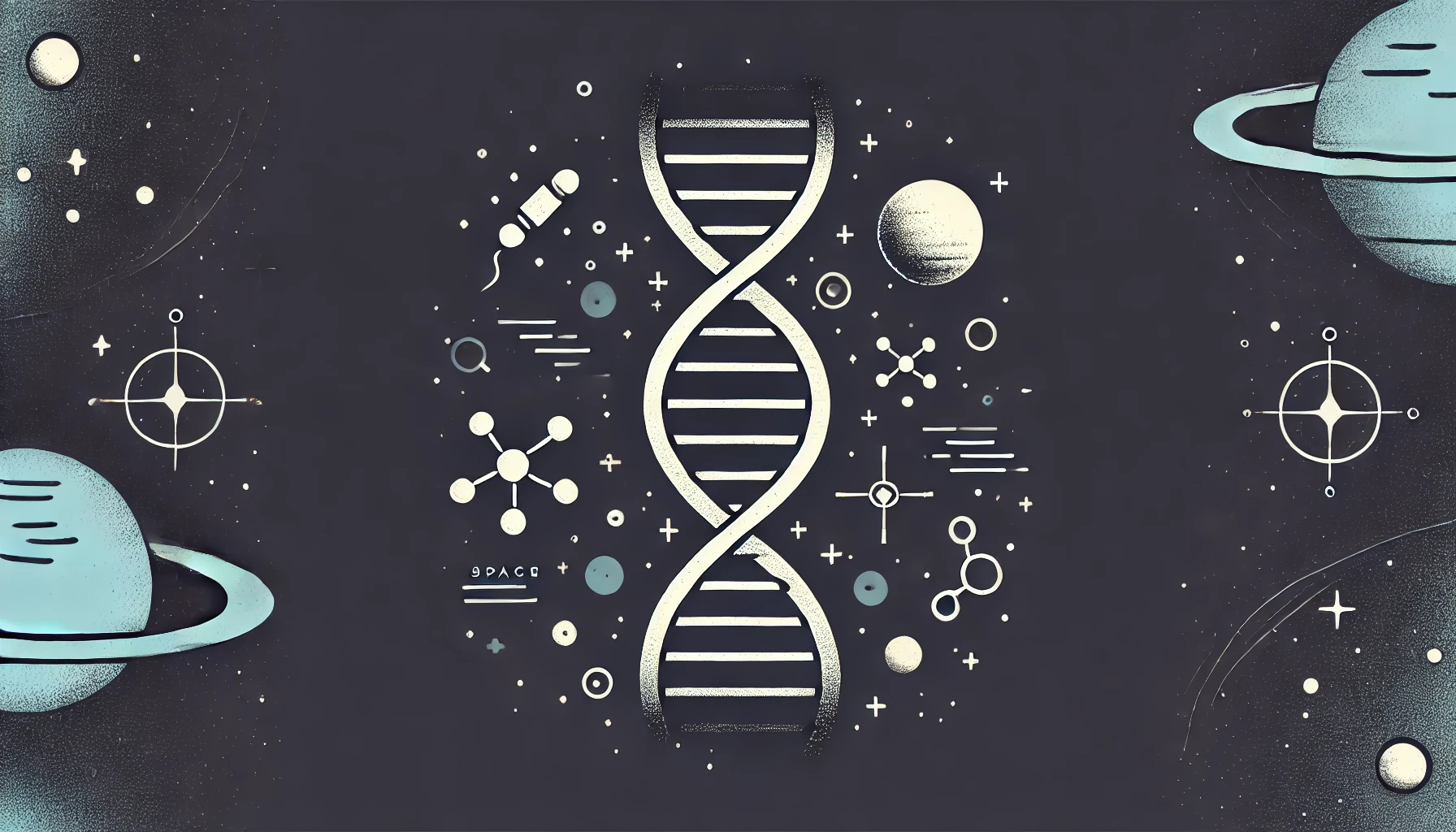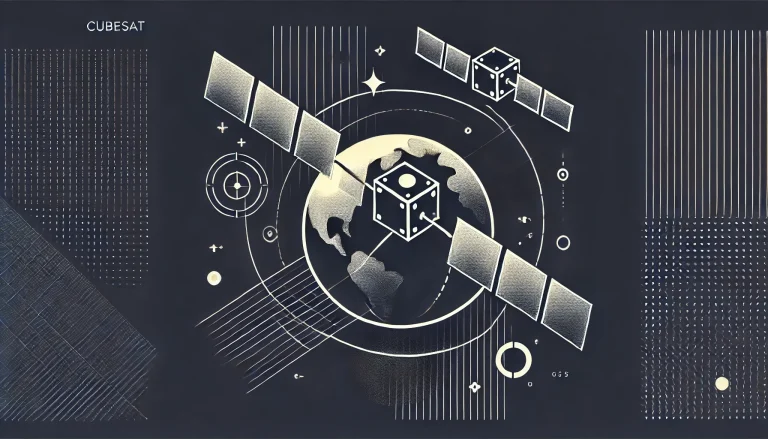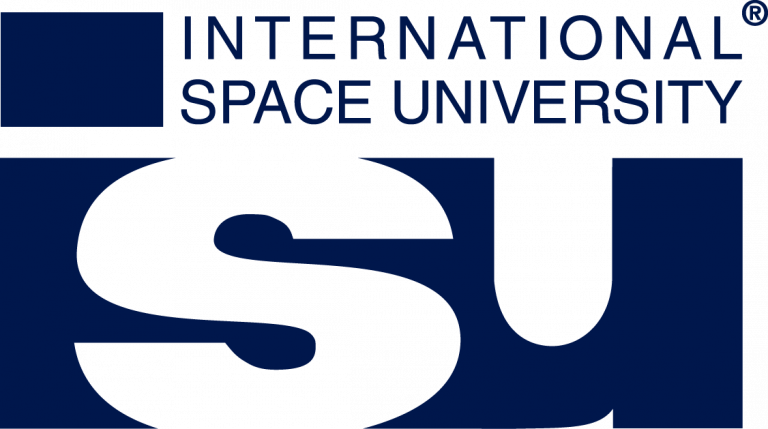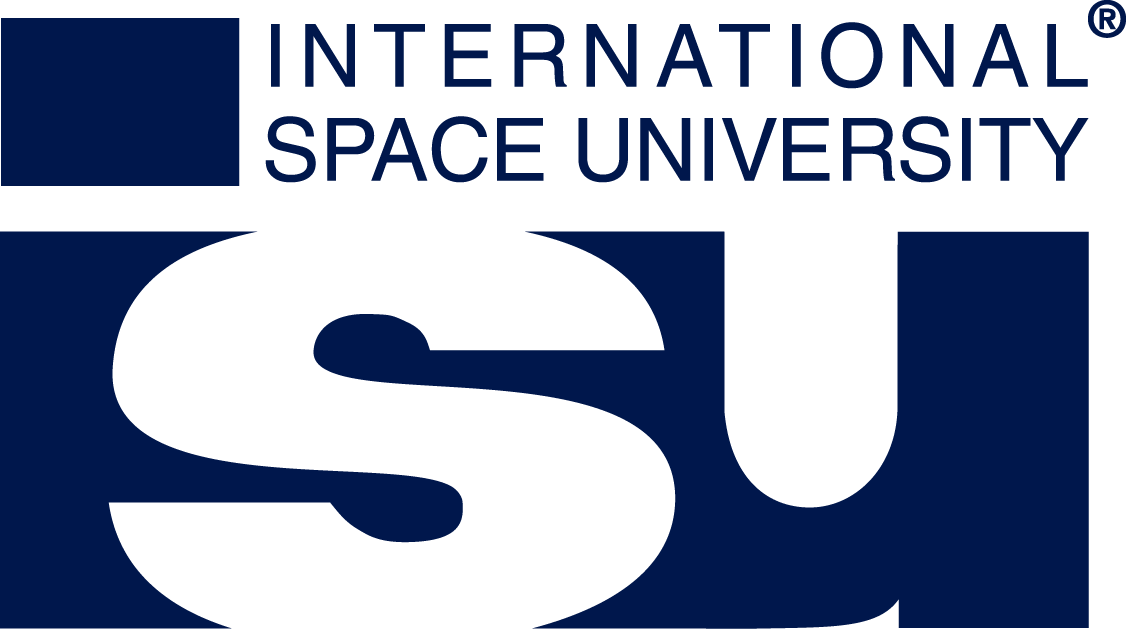Advanced Studies
The “Advanced Studies” that are part of ISU’s Master programs – the Master of Science in Space Studies (MSc) and Master in Space Studies (MSS) are now also open for participation to all.
They take place onsite, at ISU central campus in France.
26 May - 6 June 2025
Astrobiology and Space Exploration
Lead: Prof. Hugh Hill
Astrobiology is the study of life in the universe and touches on some of the most profound questions in both science and philosophy. All of these questions will be combined with the interdisciplinary field of Space Exploration in ISU’s 9th annual Astrobiology and Space Exploration program (26 May – 6 June 2025). The Advanced Study will welcome some of the finest experts in the world, e.g. Dr. Christopher P. McKay (NASA Ames Research Center, USA), Dr. Frances Westall (Director Emeritus of the CNRS Exobiology Group, Orléans, France) and Dr. Joseph A. Nuth, III (NASA Goddard Space Flight Center, USA). The program will highlight current and future astrobiology and space explorations missions, e.g. the contemporary OSIRIS-Rex (Bennu) asteroidal return sample. The Advanced Study will consist of debates and discussions, interactive workshops, and a field trip devoted to collecting and analyzing magnetotactic bacteria from local ponds. The single deliverable will be a group “White Paper”, of which there will be several offered. In the past, they have included topics such as, “The potential of the Canadian Arctic for Astrobiology research”, and “Artificial Intelligence (AI) as a Biomarker for the Astrobiology Community”.

Tuition fees
2000€ (US$2200), which includes the course fee and all course materials.
Registration will be complete through the payment of a 500Euro deposit to the ISU Finance Unit before 25 April 2025. The payment of the remaining fees is due no later than 9 May 2025.
26 May - 6 June 2025
New Space Entrepreneurship
Lead: Dr. Walter Peeters
The NewSpace economy has opened a lot of new opportunities for students with entrepreneurial aspirations. However, also in vested commercial space companies, project proposals have to be supported by a business plan to allow the management to judge the financial feasibility of a new endeavor.
In this advanced study, students and other participants will be divided in small interdisciplinary teams and will be invited, on the basis of a business canvas, to develop a business plan for a space application project of their choice. Specialists from the equity financing environment will accompany the teams, which will be asked at the end of the advanced study to present their ideas on a standard ten Powerpoint slides deck, very close to real-life business plan competitions. These presentations will be evaluated by a mixed professional jury and will hopefully lead to further elaboration towards a real start-up in the ISU or in another incubator.
Tuition fees
2000€ (US$2200), which includes the course fee and all course materials.
Registration will be complete through the payment of a 500Euro deposit to the ISU Finance Unit before 25 April 2025. The payment of the remaining fees is due no later than 9 May 2025.

10-20 June 2025
Space Omics
Lead: Dr. Virginia Wotring
How does being in space affect an organism? At the cellular and biochemical level? Omics techniques have revolutionized molecular biology, permitting detailed snapshots of an organism’s cellular activity in different environments or over periods of time. Thousands of data points can be collected at a time, using blood samples or easy-to-collect samples like urine or saliva. Omics techniques enable statistically powerful low “n” studies which are perfect for space research, given the fact that there are only a few people or animals on each space mission. The first space examination of genes, gene products (enzymes and other proteins), and products of enzymatic reactions (metabolites) have already started to provide important and sometimes surprising results. This intensive 2-week course will permit students to access and analyze omics data from NASA’s GeneLab: genomic, proteomic and metabolic data from animal and plant studies conducted in space or Earth-based space analogs. Student groups will formulate an hypothesis and conduct their own analysis to determine changes in gene expression. Faculty will guide the students through the processes of experimental design, data analysis, interpretation of results, and communication of findings. This first of its kind course was initially developed with the help of ESA funding and will be offered again from 10-20 June, 2025, at ISU’s campus in Strasbourg France.

Tuition fees
2000€ (US$2200), which includes the course fee and all course materials.
Registration will be complete through the payment of a 500Euro deposit to the ISU Finance Unit before 9 May 2025. The payment of the remaining fees is due no later than 23 May 2025.
10 - 20 June 2025
Cubesats
Lead: Dr. Ramson Nyamukondiwa
Tuition fees
2000€ (US$2200), which includes the course fee and all course materials.
Registration will be complete through the payment of a 500Euro deposit to the ISU Finance Unit before 9 May 2025. The payment of the remaining fees is due no later than 23 May 2025.


